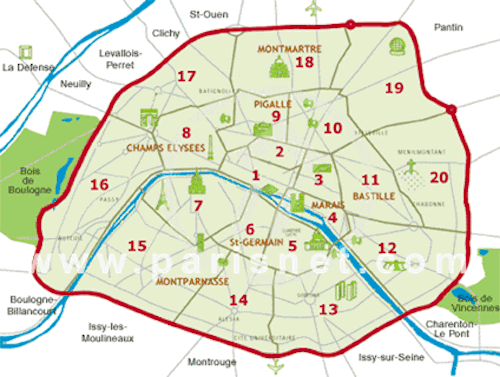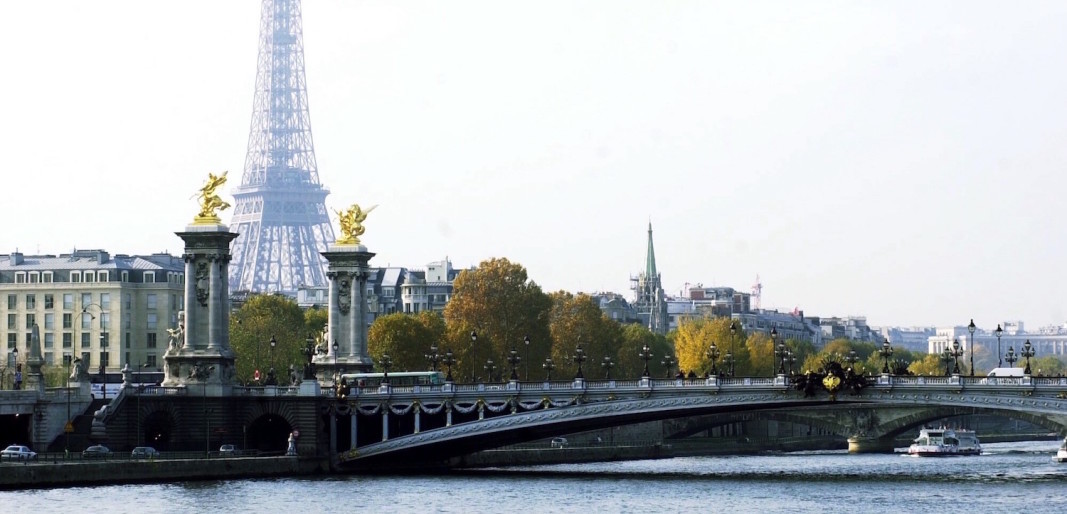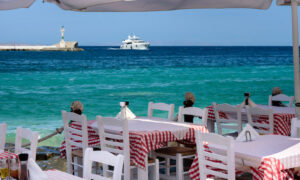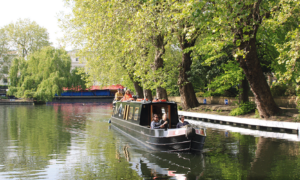Renting an apartment when the move to Paris was imminent should have been be a doddle, really. After all, I had spent countless holidays looking up at the gorgeous facades of the Haussmannian buildings, searching out lights shining behind shutters, visualising myself sitting on one of those small balconies with a glass of good wine in hand and a platter of cheese in front of me.

Choosing a location was the first hurdle; after all, it simply had to be central Paris with the coveted 75—- postcode, but also close to my husband’s work, as I worked from home. So either a good public transport connection or access to the perif would be good. Obvious other factors to consider were
schools, outdoor areas, liveliness of the area, and budget.
Many families choose the 16th arrondissement for the international schools, while the 17th is close by and slightly cheaper. But many embassy employees with large budgets choose the 15th and 7th, close to the Eiffel Tower.
The younger generations without school needs tend to gravitate toward the slightly rough-around-the-edges but hip 18th, 19th , 20th and 11th , whereas students can be found in the 5th and 13th.
The inner-city arrondissements tend to be more commercial, or too pricey and touristy, while most of the northern”‘portes” such as Porte de la Chapelle and Porte Aubervilliers might be cheap but home too many immigrants living rough.
Figuring that the eastern arrondissements would be best for us for easier access to the La Défense business complex, I then needed to decide on the type of building and floor:
• There were the grand Haussmannian apartments.
• There were the higgledy-piggledy older building like in the Marais.
• There were the modern blocks, with otherwise unheard-of treats such as air-conditioning and lifts that actually fit two people AND your shopping bag
Those romantic views across the rooftops meant that I would have to suffer the tightness and summer heat in the former servant rooms, the chambre de bonne, or – if I wanted outdoor space for the dog – would have to live rez-de-chaussée behind milky windows and iron-bars, next to the rubbish bins in the courtyard.
‘Unfurnished’ really means unfurnished
Once I had my perfect location, type of building – and eliminating both the top and the lower floors – I started searching. And soon found out that “unfurnished” really means unfurnished in Paris: not even a kitchen sink was provided in some places. It certainly helped me understand the popularity of kitchen shops on every corner, and why in the French IKEA it was not the meatballs or the potted plants that drew the crowds, but the kitchen planners.
In Paris, if you rent unfurnished you must buy a kitchen, only to get rid of it again when you move out. It certainly keeps kitchen manufacturers in a job.
Scrolling through internet sites such as seloger.com and www.pap.fr, I soon realised that you have a much, much better choice if you want to rent furnished; but alas, the container was sailing toward the French coast, and I needed unfurnished, preferably with a kitchen.
Trawling through estate agents, which in Paris tend to specialise in the area they are located in, so that if you want an apartment in the 17th, you must go to the 17th, resulting in my obtaining a brand-new Navigo pass as I was metro-hopping between arrondissements to keep options open.
The Catch-22 of renting in Paris
Then the real trouble started: that vicious circle of, you need a bank account to rent and need an address to open a bank account. Add the quite magical way any apartment that came on the market had already disappeared the minute I showed any interest and the fact that my French stretched merely as far as the newly acquired – a louer, pas des meubles, avec une cuisine si possible – and I was soon close to despair.
Enter an expat relocation agent, SOFIME, that spoke my language, knew the formalities, listened to my demands, wishes and budget restrictions. An agent eventually took me round several apartments in my preferred location, and lo’ and behold, the last one of the day turned out to be a Haussmannian apartment with high ceilings, devoid of furnishings but with a kitchen with cupboards and a sink, alas, without whitegoods (major appliances).
As for the rental agreement? Despite French residents needing to provide a copy of ID, three payslips, bank account details, proof of employment, their last tax declaration, and probably a pint of fresh blood, we got lucky.
Finally.
Our future landlord was assured by our agent and the letter my husband’s company had provided promising that we would be able to pay the extortionate monthly rent. Sometimes a little paid help goes a long way, even if it meant buying cheaper wine.
The details:
If you’re coming from London post-Brexit, you should know Paris is comparable in cost of living. Crowd-sourcing data site Numbeo states you’ll need to budget about 4,117 pounds (4,787 euros) in Paris to maintain the same lifestyle you can have with 4,600 pounds in London assuming you rent in both cities.
A 1-bedroom apartment in the center of Paris averages 1,200 euros in Paris compared to about 2,000 euros in London. A 3-bedroom will cost you about 2,600 euros per month in rent in Paris, while a comparable apartment in London will rent for about 3,600 euros per month, according to Numbeo.

About the author:
Ulrike Lemmin-Woolfrey is a freelance travel writer, guidebook author, and serial expat. Having lived in seven countries on three continents and two hemispheres, she is currently based in Paris, France.
See more of Ulrike’s work on her website here.
Follow her on Instagram here.
Follow her on Facebook here.
See more of Ulrike’s dispatches from Paris here.














